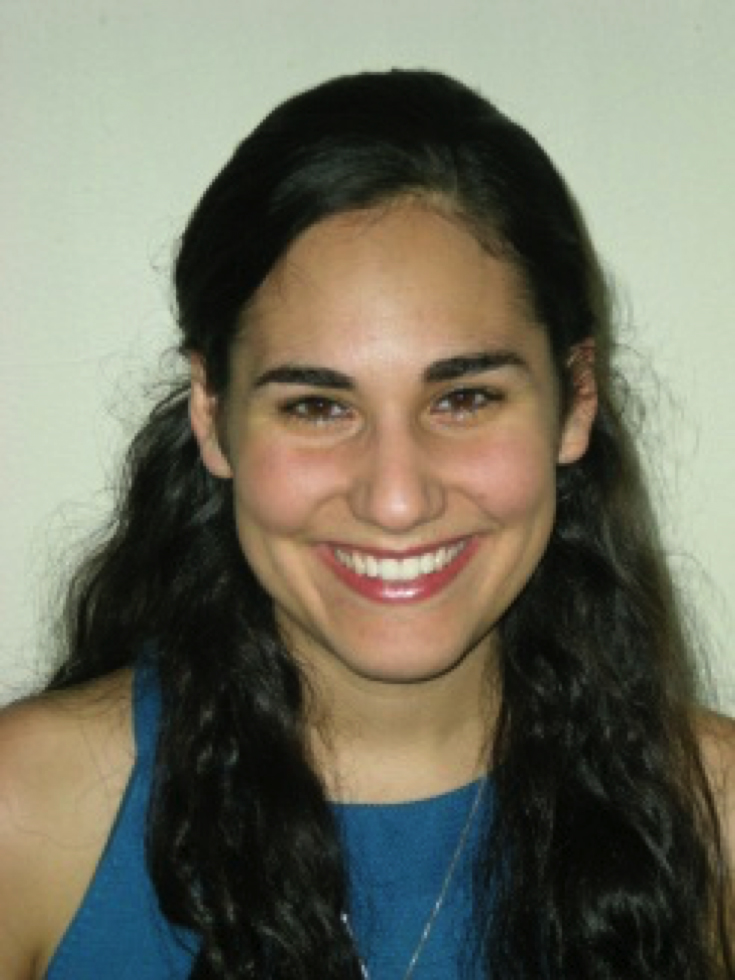Rheumatology Fellow Receives Career Development Award to Study Lupus

Pediatric Rheumatology Fellow at Albert Einstein College of Medicine of Yeshiva University and Children’s Hospital at Montefiore, Dr. Tamar Rubinstein, recently received the Lupus Foundation of America’s third yearly Career Development Award.
“Now, more than ever, it is essential that young, energetic investigators receive funding for vital lupus research,” said Dr. Amr H. Sawalha, Research Subcommittee Chair of the Foundation’s Medical-Scientific Advisory Council. “Dr. Rubinstein’s research has the potential to be the key to helping us solve the cruel mystery of lupus. Without the support of the Lupus Foundation of America, fostering tomorrow’s leaders in lupus research may not occur.”
The Career Development Award has offered much-needed support during times of very limited funding for lupus research, and has helped encourage emerging investigators in the field to take more of an interest in the disease and further their studies. The Foundation had originally established this award to help those in rheumatology, nephrology, and dermatology make contributions to the study of lupus.
“My first exposure with lupus was in college, while working in an immunology lab that happened to be devoted to basic research on the disease. The fact that the disease was so devastating and so mysterious and the questions surrounding why it affected some populations (women and some ethnicities) and not others were the first aspects of the disease that nagged at me and sparked my curiosity and led me to pursue medicine in the first place. While in medical school, I had the opportunity to pursue a Master’s in Clinical Research. My original interest in lupus led me to Dr. Chaim Putterman, who mentored me in a translational research study of biomarkers for lupus nephritis, and whom I am indebted to for setting me on a career path in lupus research”, Dr. Rubinstein said in an exclusive interview with BioNews. “During my clinical years in medical school and my training in residency and fellowship, I met several amazing lupus patients and their families. Among these, were young patients who had devastating neurologic disease and others who had persistent difficulties with concentration and mood. With the little that we knew about how to predict, treat, or even determine whether these symptoms were directly due to a patient’s lupus, it was clear to me that this was an area that needed urgent further research. In conversations with patients and their loved ones, it also became evident to me that improving our understanding of these symptoms and how we addressed them was of immense importance to them and had the potential to impact their lives in profound ways. This is especially true for a child or young adult with a developing brain who has to navigate school, is developing relationships, and learning who they are and where they fit into the world”, she added.
Dr. Rubinstein will be studying a biomarker that could potentially be used in screening for neuropsychiatric lupus – a form of the disease that is known to have an earlier onset, higher frequency, and worse prognosis in pediatric patients, compared to adults. She will also be exploring the generality of these symptoms in children.
As she explained to BioNews, “I was fortunate that, when I returned to Einstein/ Montefiore for my fellowship in pediatric rheumatology, I could return to work with Dr. Putterman, who had also made Neuropsychiatric SLE (NPSLE) a new focus in his lab and was devoted to the search for biomarkers to help detect and better understand how these symptoms arise in lupus. In the field, in general, there have been particularly important advances made in the role of the blood-brain-barrier and disruptions that may make the brain more at risk of the autoimmune response that occurs in lupus throughout the body. One potential marker of this phenomenon may be a protein called S100B that can be measured in the blood. My particular study is designed to first look at how young patients with lupus compare to peers with chronic arthritis on screenings for mood disorder and cognition and then try to determine whether this marker has utility to pick up those symptoms in lupus patients.”
To know more about the Lupus Foundation of America and its research programs, visit lupus.org/research.






